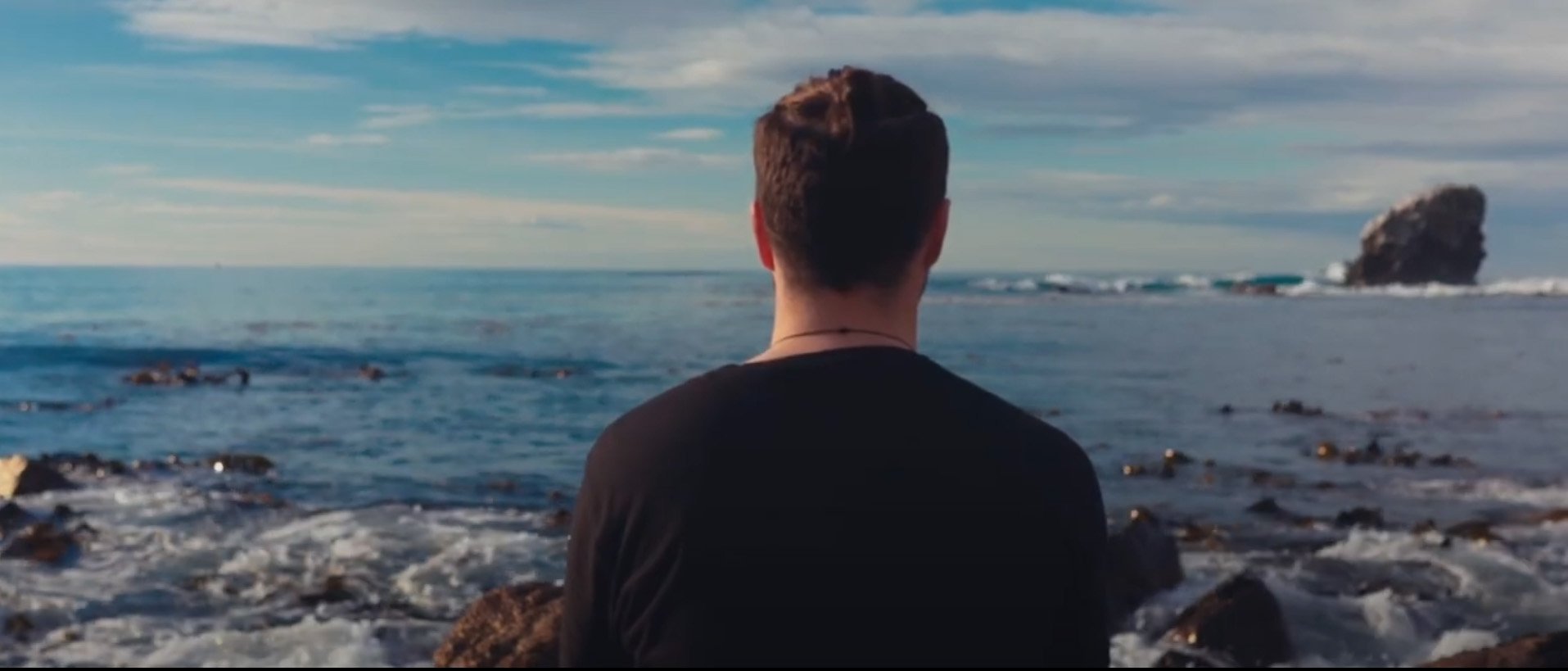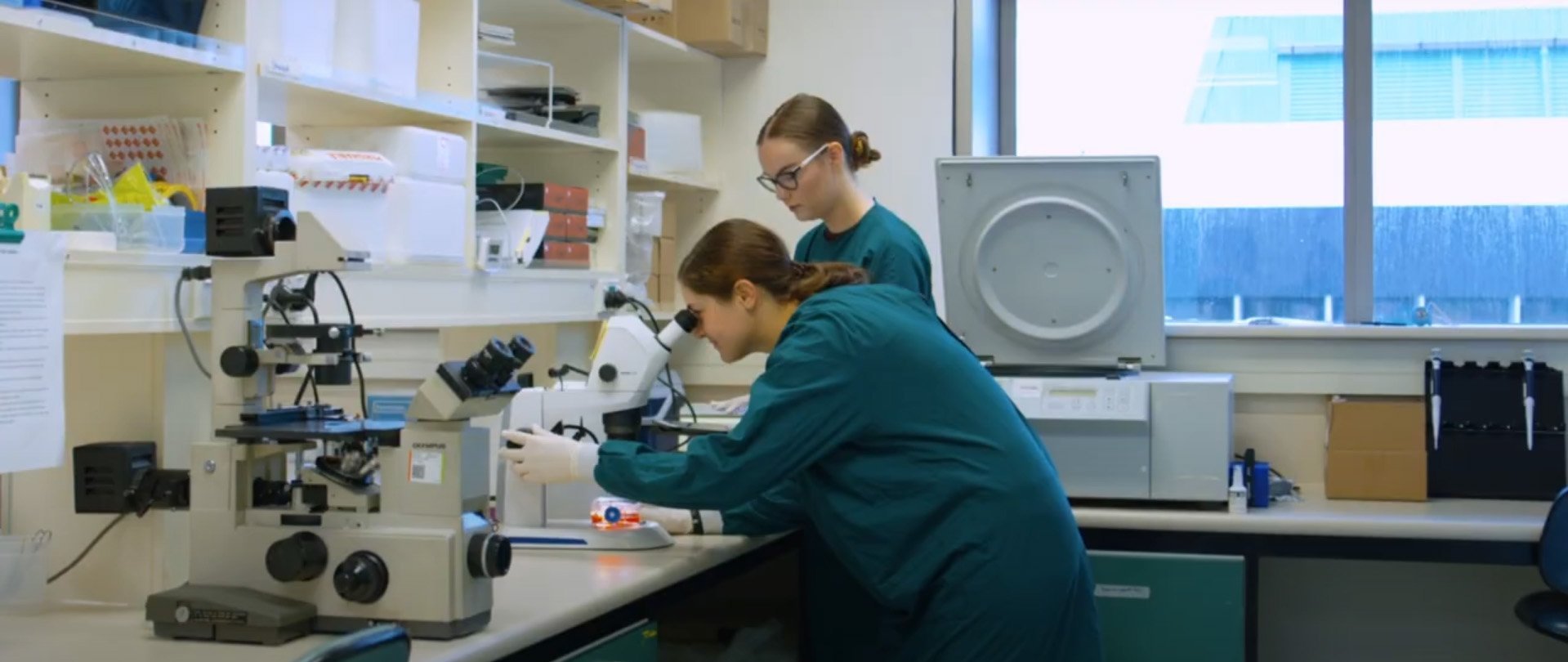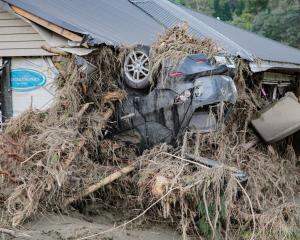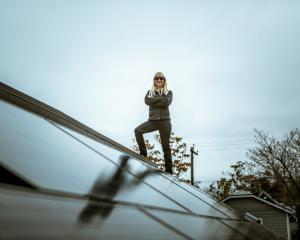

As a physicist, I cannot answer those two questions, because they require expertise in social sciences and humanities, using multi- and cross-disciplinary approaches. However, the University of Otago has academic staff and research students in politics, management, philosophy, ethics and other disciplines researching topics related to those questions. Regular readers of the Otago Daily Times’ "Resilient" column in "The Weekend Mix" or online may have noticed columns on climate change from University of Otago staff members or research students affiliated with He Kaupapa Hononga: Otago’s Climate Change Research Network. So what is He Kaupapa Hononga, and how is it helping to address those two key questions?
The name "He Kaupapa Hononga" was gifted by Dr Lyn Carter when she was a senior lecturer at Te Tumu School of Māori, Pacific and Indigenous Studies, at the University of Otago. The name points to the process of joining together with shared objectives, aims and values. He Kaupapa Hononga is a revitalised (2019) and reshaped (2020) network that started out as the Otago Climate Change Network (OCCNet). OCCNet was established in 2011 by Colin Campbell-Hunt, then a professor in the department of management, and Prof Ceri Warnock in the School of Law. OCCNet was initially comprised of academic staff from commerce and humanities who were concerned about climate change’s societal consequences and wanted to provide research-informed responses. OCCNet members established the undergraduate paper called "Interdisciplinary Aspects of Climate Change" (ENVI312).

In addition to building relationships within the University of Otago, and our regular contributions to the ODT, the Science Media Centre and other print media, He Kaupapa Hononga also communicates the latest in climate change research via our YouTube channel. This channel has 50 videos (and counting) of talks and workshops from 15 minutes to two hours in length from our seminar series, symposium and policy school events.
In 2024, He Kaupapa Hononga put a great deal of effort into multidisciplinary, research-informed policy submissions to government. Our most comprehensive submission was on the Second Emissions Reduction Plan: https://tinyurl.com/mrhz6s5.

Our past members and postgraduate students have gone on to do great things; for example, our original kaitiaki kaupapa assistant research fellow Kate Turner went to work for the Deep South National Science Challenge as a climate change knowledge broker, and is now principal adviser, climate change adaptation for the Wellington City Council.
I am one of the co-directors of He Kaupapa Hononga, but on Monday, I officially hand over my position to Dr Christine Winter (Ngāti Kahungunu ki te Wairoa) from the University of Otago’s politics programme. Prof Janice Lord, from the department of botany, took over the other co-director position from Prof Sara Walton, from the department of management, last year. Along with assistant research fellow Andrea Foley (Kāi Tahu), the new co-directors and their team have exciting plans ahead for He Kaupapa Hononga, so keep an eye out for more on multi- and cross-disciplinary, research-informed action on climate change.
Inga Smith is an associate professor and climate scientist in the University of Otago department of physics. Each week in this column writers address issues of sustainability.











